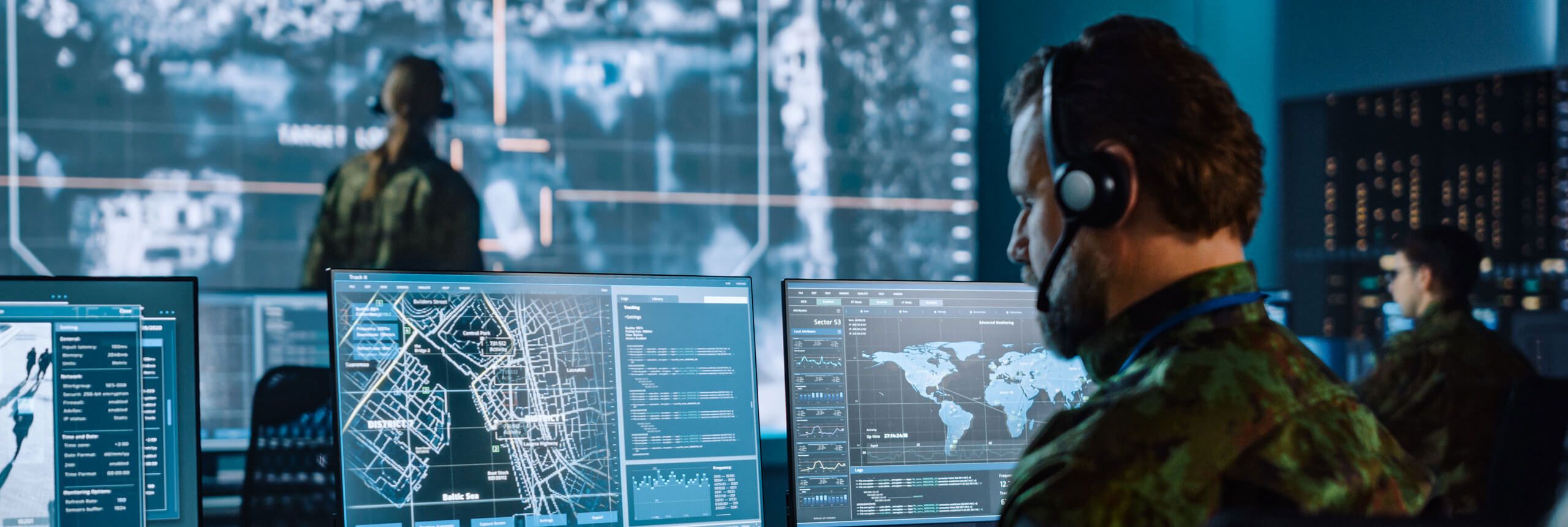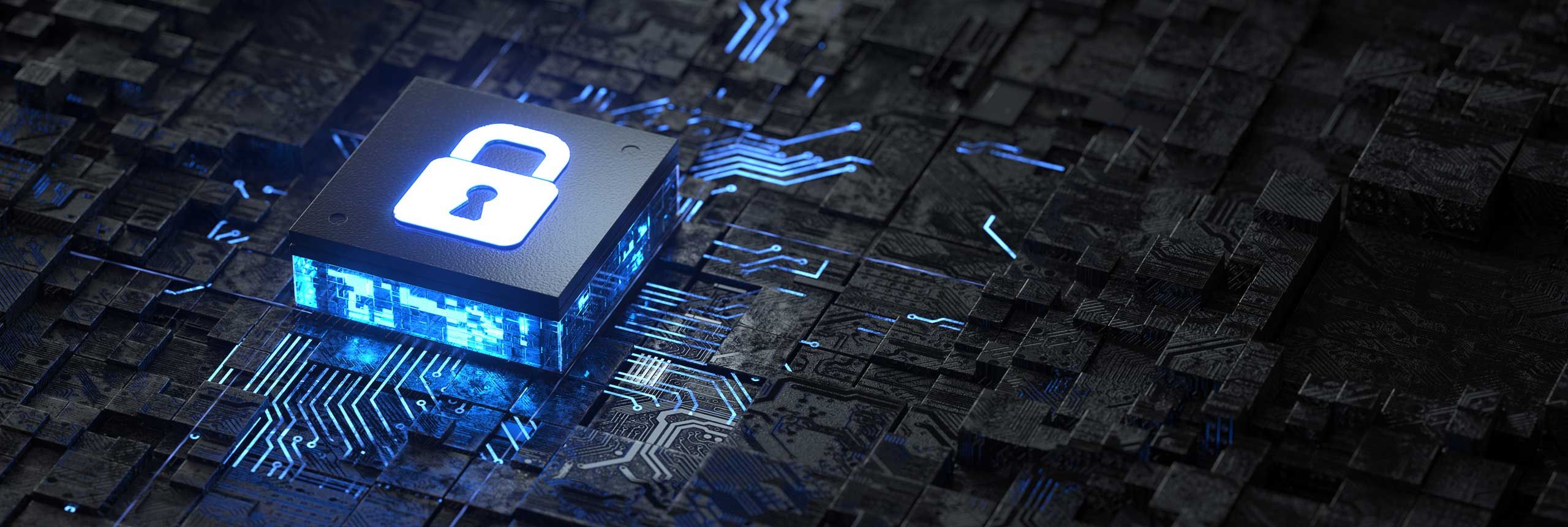Bureau 121 - The Handpicked Cyber Hackers of Kim Jong-un’s North Korea
North Korea’s state-run cyber operation is known as Bureau 121, believed to be established approximately in 1998 by then-leader Kim Jong Il. Professor Kim Heung-Kwang, a North Korean defector, readily admits that during his more than two decades at Hamheung Computer Technology University, he trained countless students on the very foundation of computer networks. And the best and the brightest of these students? They were pulled out and given extensive training in cybersecurity.
In 2011, Kim Told media giant Al Jazeera that North Korea had procured roughly 3,000 hackers that were based in North Korea, China, Russia, and other areas. In his exclusive interview with Al Jazeera, Kim listed five reasons why North Korea is engaging in cyber warfare.
First, cyber-military strength is cost effective, thus with the North's deteriorating economic situation, it simply cannot compete long-term with neighboring South Korea or the United States when it comes to building and deploying conventional military army, naval or air forces.
According to Kim, “Grooming prodigies, deploying them, setting up the internet, buying programs, and providing conditions for them to operate in China or another third country is considerably cheaper than buying new weapons or fighter jets which cost hundreds of millions of dollars”.
Second, North Korea has immense confidence when it comes to its software development capabilities. Kim notes how “North Korea is extremely confident of its software development capabilities, as cracking passwords within a secured system and finding patches within networks are all based on mathematical capabilities.”
Third, cyber-strength essentially provides a higher utility than any other naval, air, or army force. According to Kim, “…cyber-manpower - once you have that established you can steal any classified information from enemy states, incapacitate their servers and cause social panic through psychological warfare. It's high in utility in terms of creating different types of confusion and chaos - and that is cyberwarfare's biggest merit.”
"Grooming prodigies, deploying them, setting up the internet, buying programs, and providing conditions for them to operate in China or another third country is considerably cheaper than buying new weapons or fighter jets which cost hundreds of millions of dollars elsewhere.
Fourth, Kim notes that “Fourth, cyber warfare is asymmetrically advantageous for the North. None of its servers are yet connected to the internet, which makes it immune to cyberattacks. But South Korea and other enemy countries, or any other country for that matter, will undergo major chaos if their computer system were to crash. For this very reason North Korea is fascinated with cyberwarfare.”
And fifth, according to Kim, “North Korea has recognized the internet's inherent weakness from its very inception in the mid-1990s. It realized that, if it maintained an attack network, it could easily hack into strategic targets with considerable speed. That's why they were driven to aggressively engage China in military exchanges to quickly build up a cyber-force of 500 hackers.”
Kim concludes by noting that how Cyber-force is essentially structured around human capital, technology, and systemization of the two, and of these three elements North Korea has focused intensely on nurturing computer whizzes.
Where is North Korea headed in terms of cyberwarfare? Much like Russia, China, and other nations looking to flex their economic and military muscle, North Korea will continue to invest heavily in developing an army of hackers capable of disrupting computer networks. As they see it, the more chaos and confusion they can create with their cyberwarfare, the more relevant it makes them in the world, at least according to their own beliefs. It’s a strange philosophy, no question about it, but it’s the mentality of the North Korean government, so the United States – and the rest of the world – better get used to the coming cyber-attacks from Pyongyang.
We are Arlington, a team of innovative, solution-oriented, highly agile, and well-versed professionals with decades of experience in working with America’s defense industry. From emerging cybersecurity regulations to helping our clients solve complex security & compliance solutions – and so much more – you can trust Arlington, the firm that’s Dedicated to Defense®. Learn more at arlingtonintel.com.


